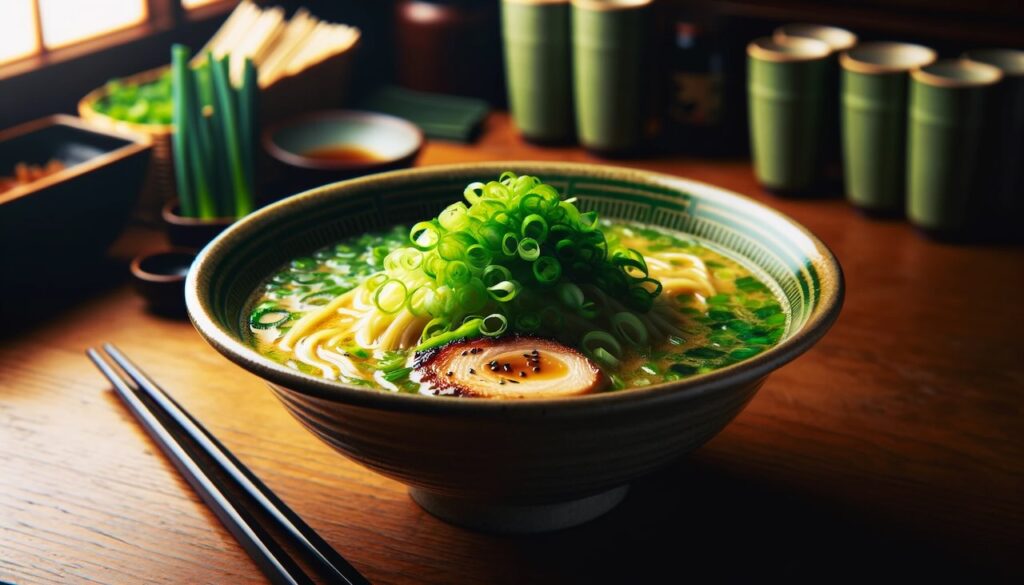Sour, salty—and surprisingly powerful.
Umeboshi, the traditional Japanese pickled plum, is often remembered for its intense sourness. But behind that mouth-puckering flavor lies a remarkable set of natural defenses. Thanks to fermentation and centuries-old preservation techniques, umeboshi isn’t just a culinary curiosity—it’s also a potent antimicrobial food. Let’s explore how the compounds in umeboshi, especially citric acid and polyphenols, can protect your health and your meals.
What Makes Umeboshi Antimicrobial?
At first glance, umeboshi may seem like a simple pickled fruit. But its strength lies in two powerful components:
1. Citric Acid: Nature’s Preservative
This organic acid is responsible for umeboshi’s sour punch—and it does more than wake up your taste buds. Citric acid creates an environment where harmful bacteria struggle to survive. By interfering with bacterial metabolism, it slows down microbial growth, which helps preserve food and keep it safe, even in warm conditions. No wonder umeboshi is a classic bento-box staple in Japan.
2. Polyphenols: Plant-Based Protection
Umeboshi is rich in polyphenols—natural compounds with strong antioxidant and antibacterial properties. Studies show that polyphenols in ume plums can suppress common pathogens like E. coli and Staphylococcus aureus. This makes umeboshi more than just a flavor accent—it’s a natural barrier against foodborne illnesses.
How Umeboshi Supports Your Health
The benefits of umeboshi’s antimicrobial powers go far beyond food preservation. Here’s how they can support your overall health:
1. Prevents Food Poisoning
The combination of citric acid and polyphenols makes umeboshi highly effective in slowing the growth of harmful bacteria. This makes it an ideal addition to packed lunches, picnics, or travel meals—especially in warmer months.
2. Supports Oral Hygiene
Research suggests that the compounds in umeboshi may inhibit bacteria linked to cavities and gum disease. Regular consumption can contribute to fresher breath, healthier gums, and fewer dental issues over time.
Practical Uses of Umeboshi’s Antimicrobial Properties
Looking to make the most of this fermented superfruit? Here are three easy ways to harness its benefits:
Add to Lunchboxes
Tucking a single umeboshi into a rice ball (onigiri) or bento not only adds a tangy burst of flavor but also helps extend the freshness of the meal.
Boost Daily Immunity
Thanks to its citric acid, umeboshi is said to help with fatigue recovery and immune support. Incorporate it into your meals for a natural wellness boost.
Improve Oral Health
Try eating a small piece of umeboshi after meals. It may help suppress oral bacteria, reduce bad breath, and contribute to a cleaner mouth environment.
More Than Just a Pickled Plum
Umeboshi isn’t just an old-fashioned food—it’s a multifunctional ally in your kitchen and your health routine. From preventing food spoilage to promoting a healthier mouth, its natural compounds offer an impressive range of benefits.
Next time you reach for one of these sour plums, remember: you’re not just eating tradition—you’re tasting a natural defense system passed down through generations.


